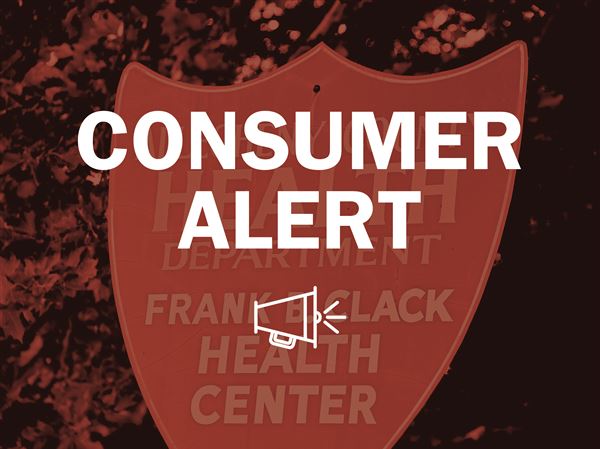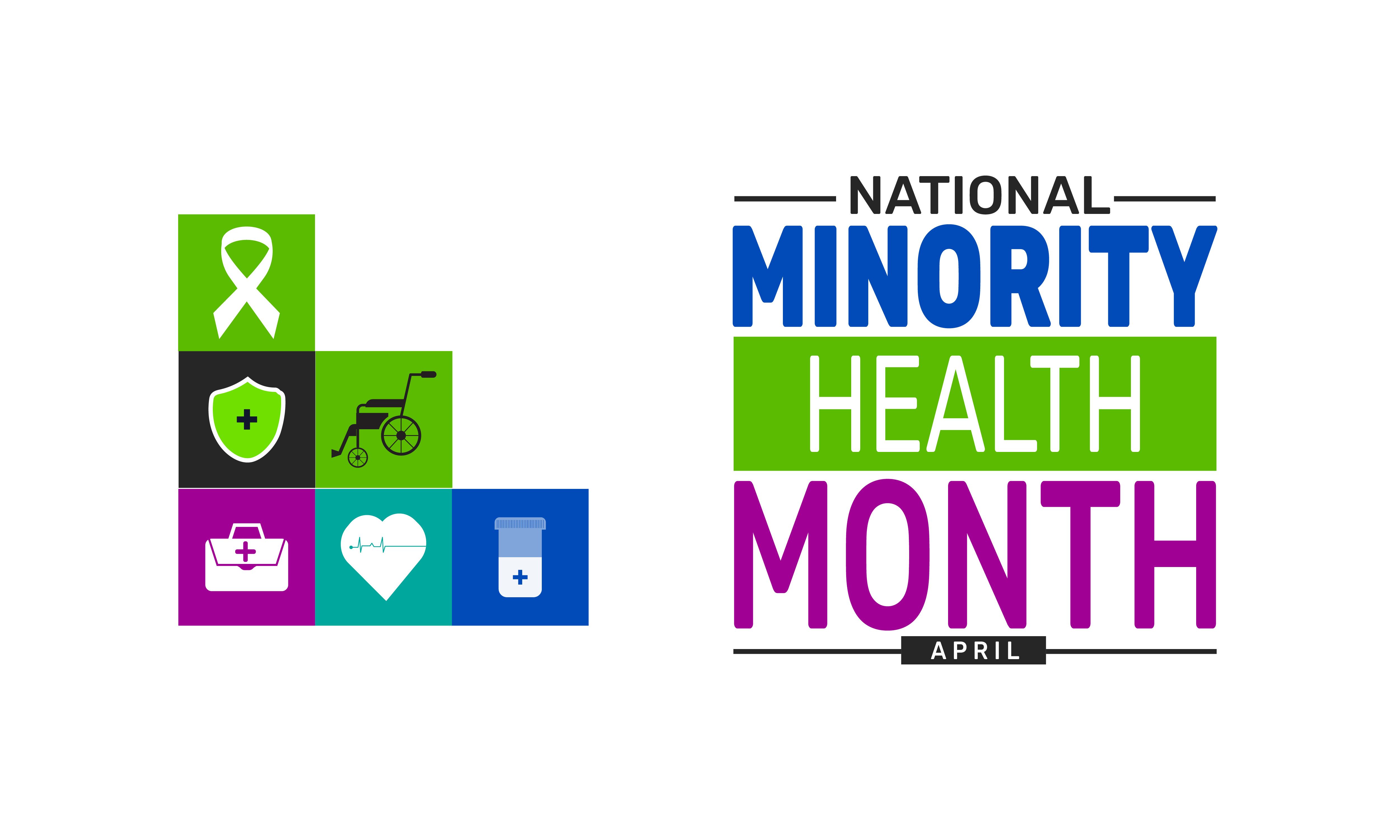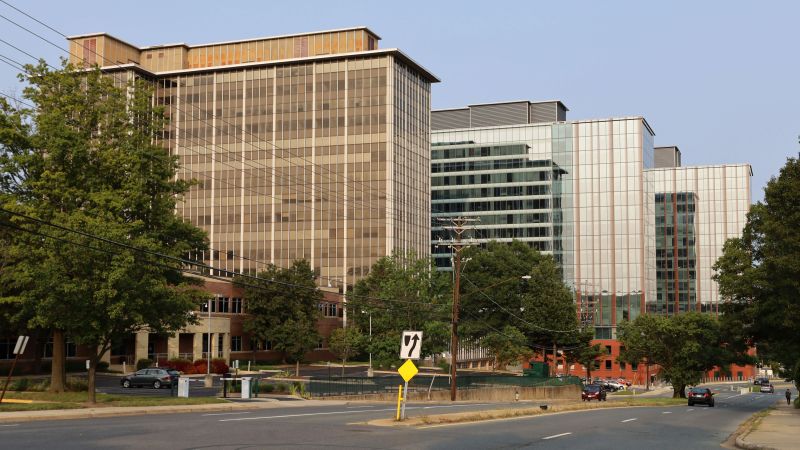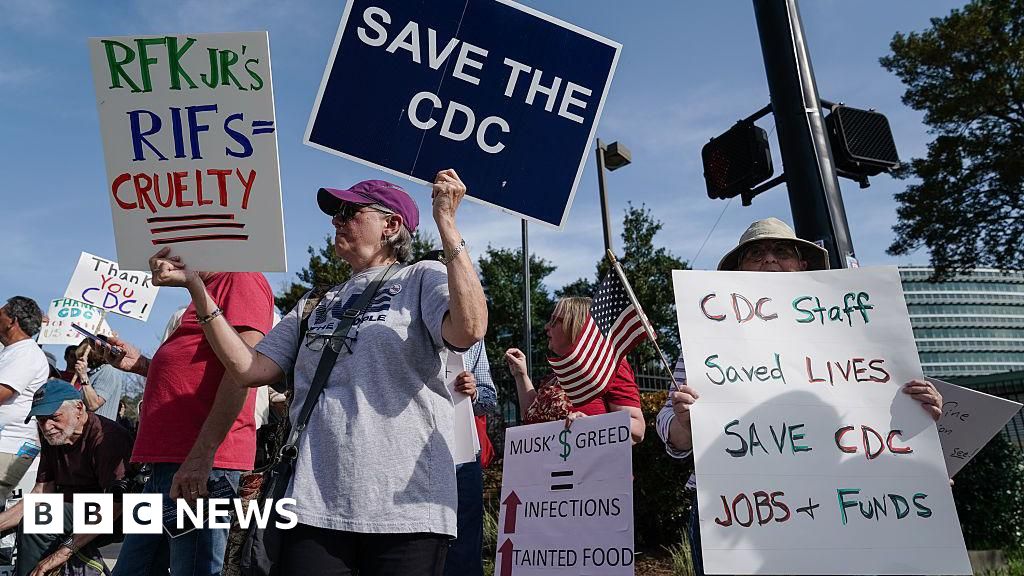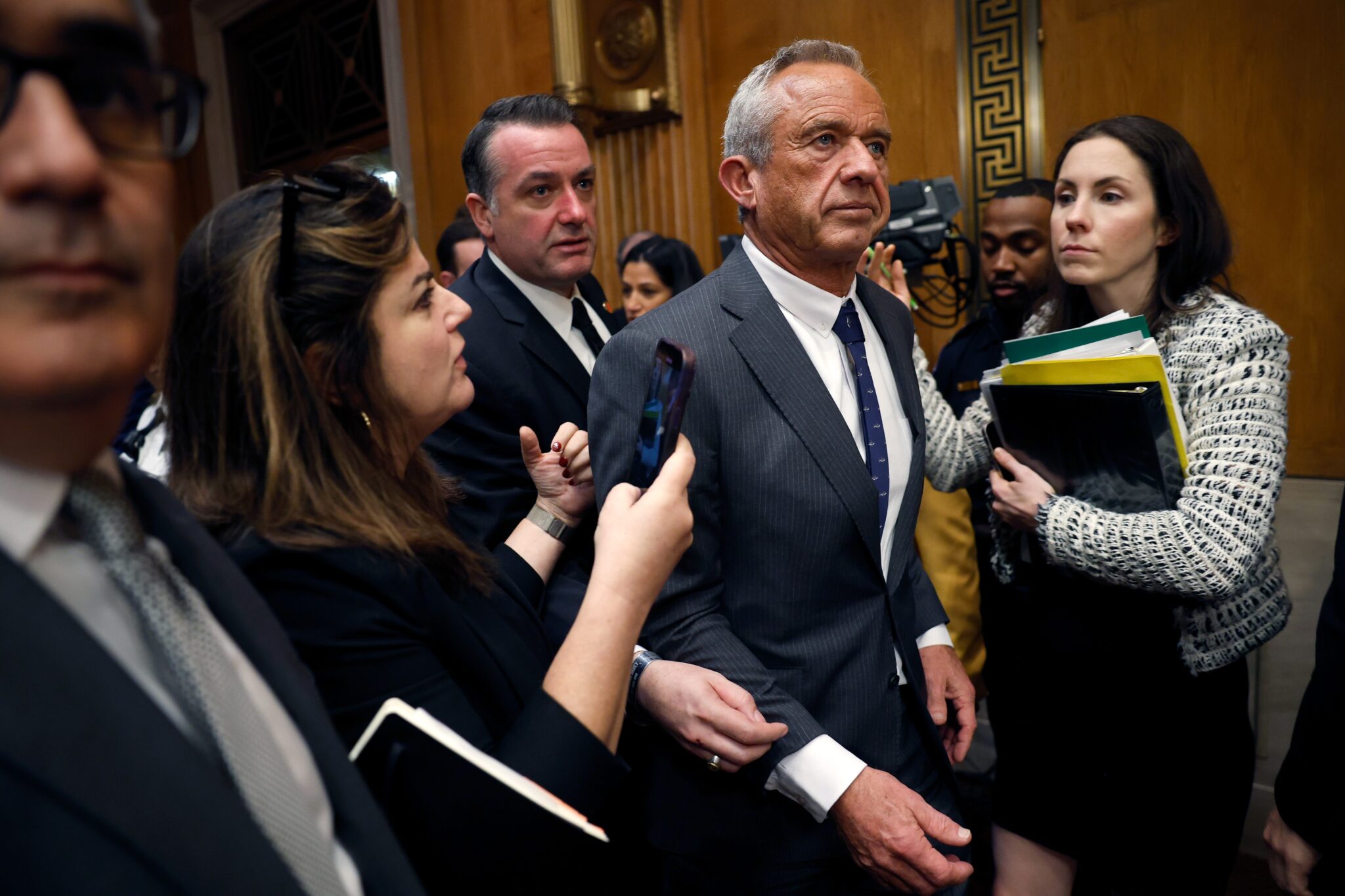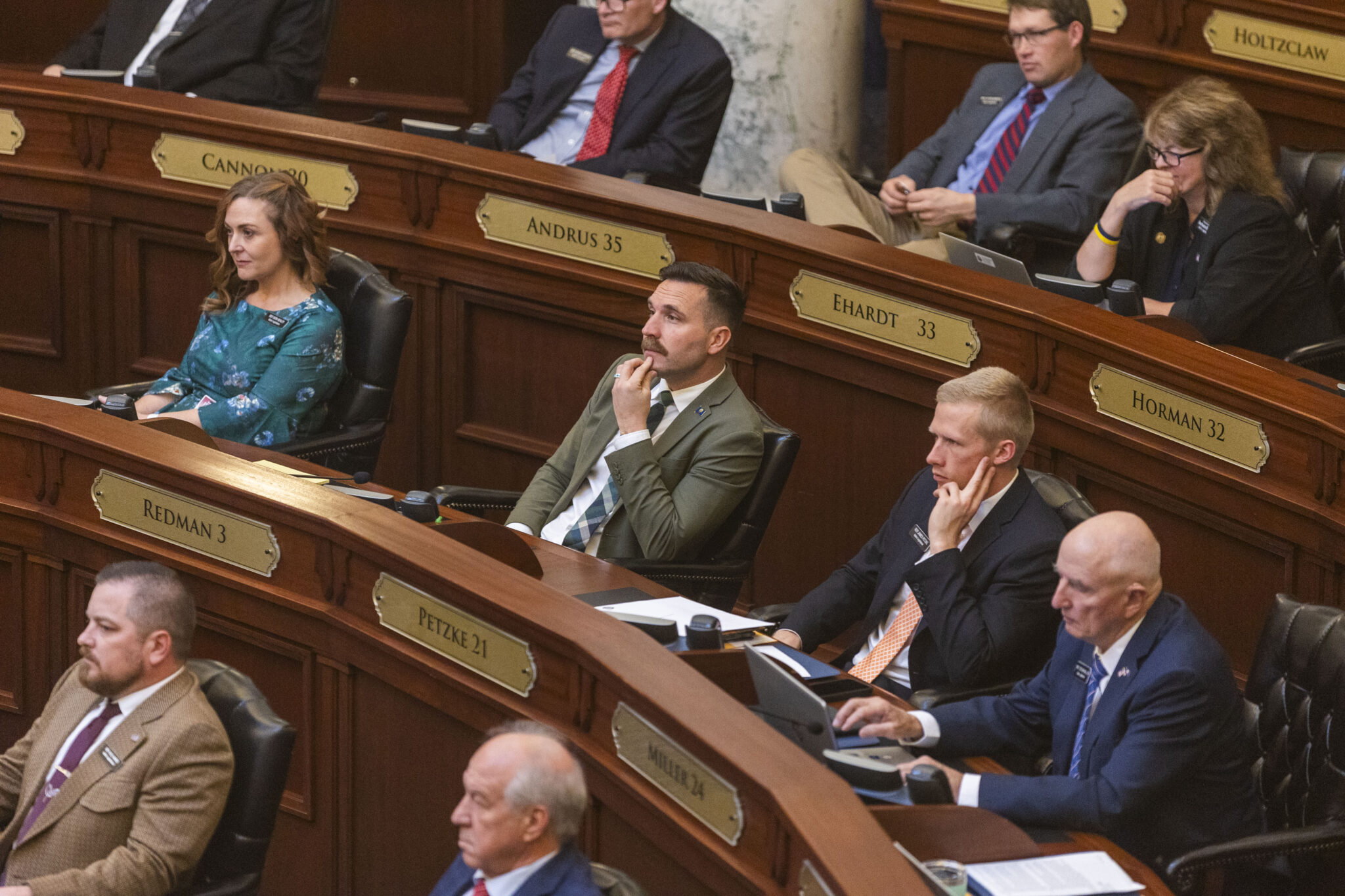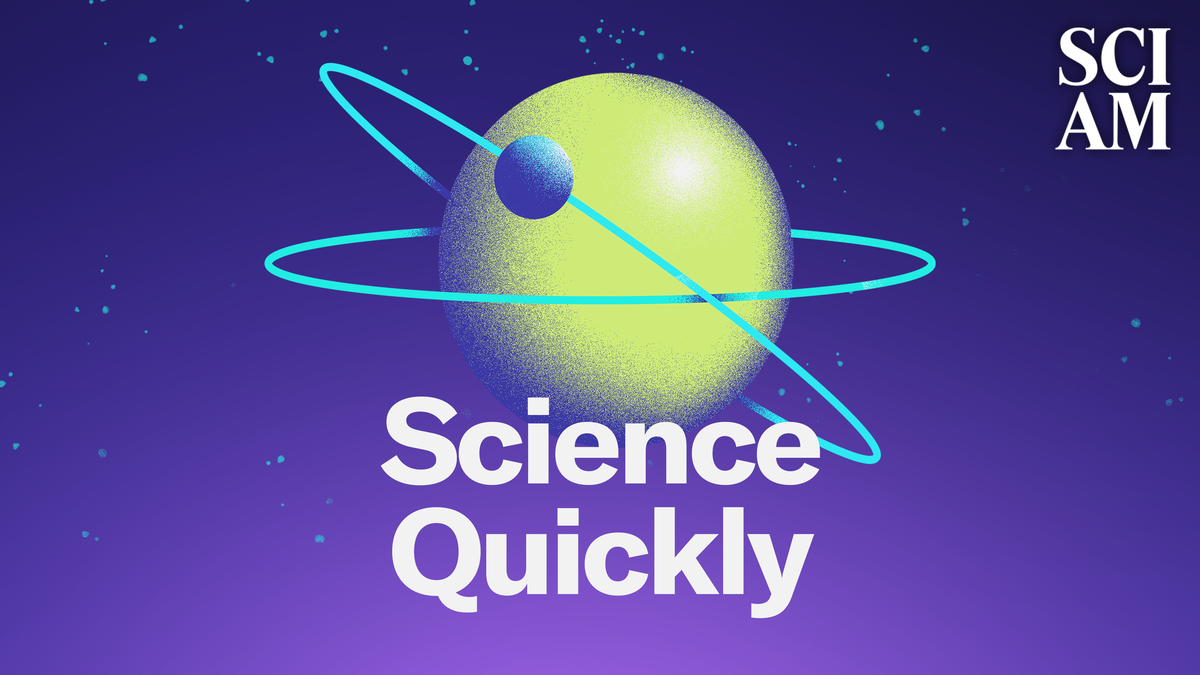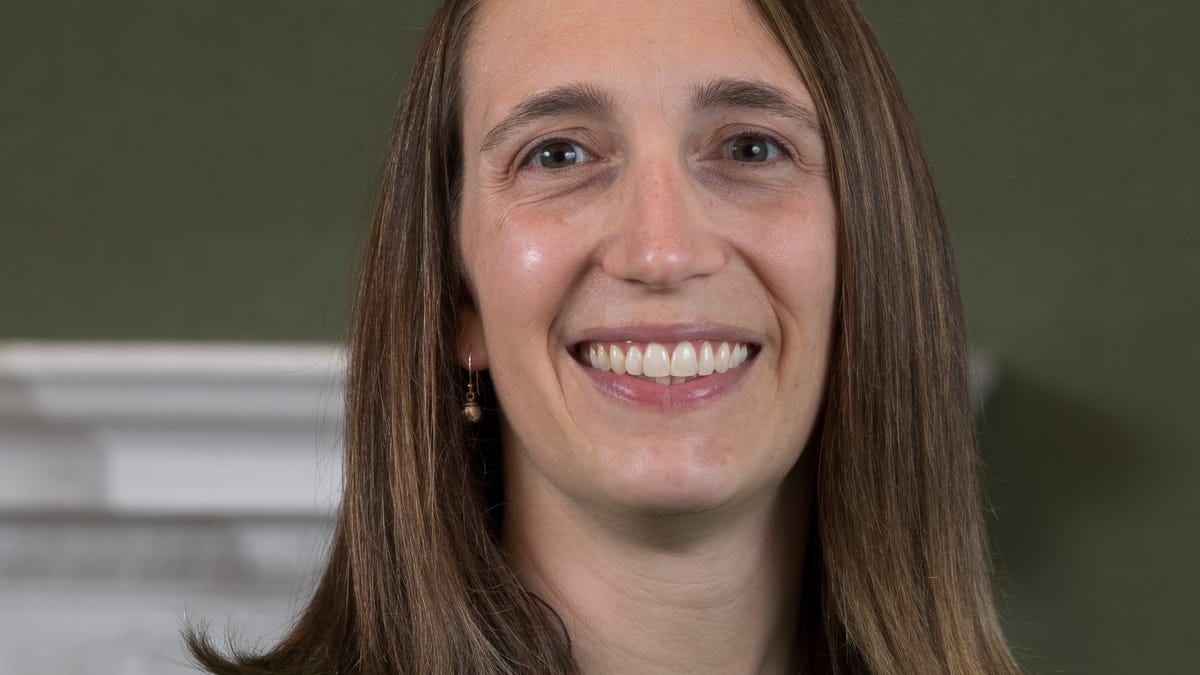
Mental Health Care Gets Boost: Lawmakers Push for Higher University Clinic Payments
A groundbreaking mental health clinic at the University of Nevada, Las Vegas (UNLV) is facing critical challenges that threaten its vital mission of serving underserved populations. Despite its innovative approach to both patient care and professional training, the clinic is struggling to maintain operations due to severe financial constraints. The clinic, which serves as a critical lifeline for communities with limited access to mental health services, is simultaneously training the next generation of mental health professionals. However, its executive director warns that the current funding model is unsustainable and puts the entire program at risk. Hoping to address these financial challenges, state lawmakers are currently considering a bill that would increase Medicaid funding for university-based clinics. This potential legislation could provide the much-needed financial support to keep this essential service running and continue its important work of providing mental health care to vulnerable populations while nurturing future healthcare professionals. The clinic's precarious situation highlights the ongoing challenges in mental health access and the critical need for sustainable funding models in community healthcare services.

